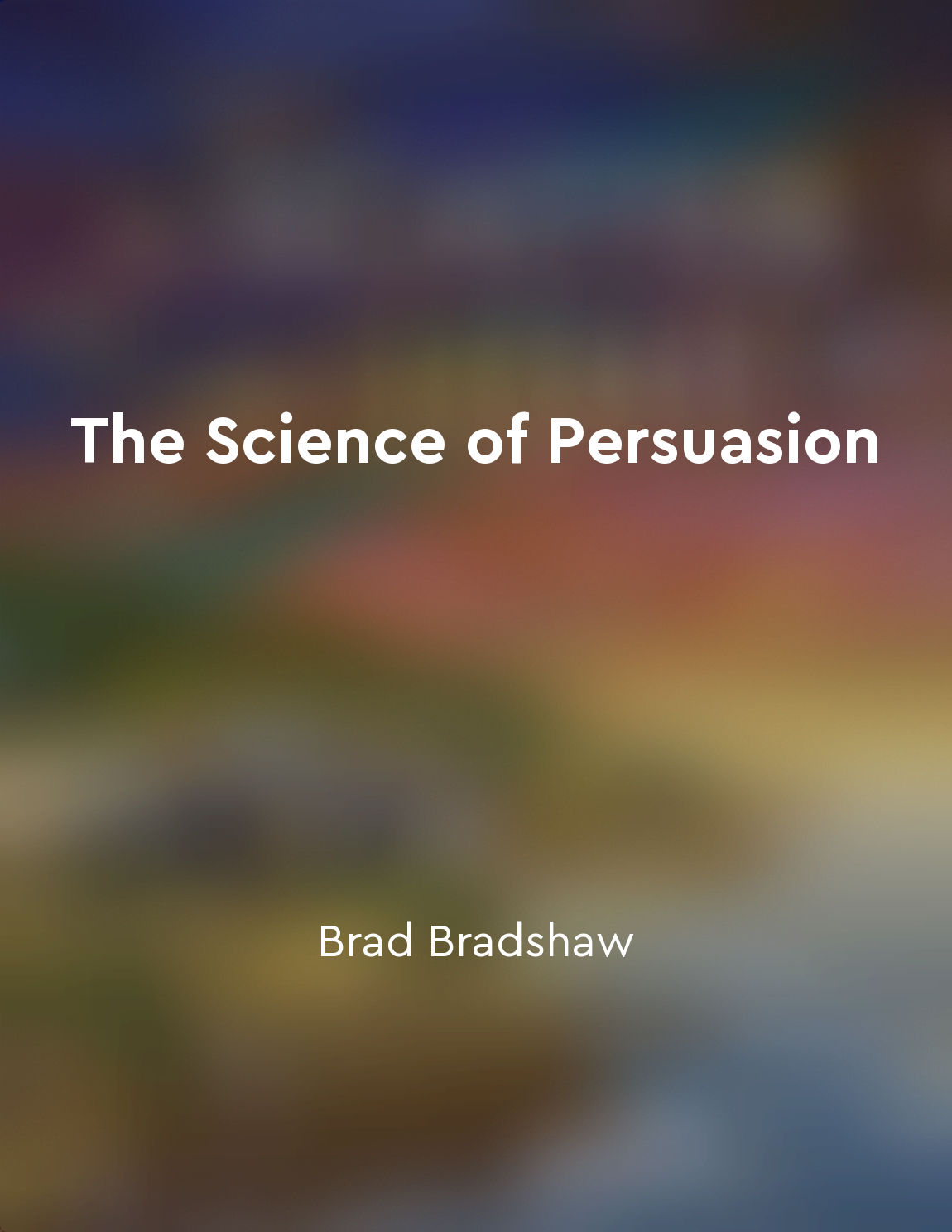Be mindful of the frames used in the media and politics from "summary" of Don't Think of an Elephant! by George Lakoff
When we talk about frames in the context of media and politics, we are referring to the mental structures that shape the way we perceive and understand the world around us. These frames are like lenses through which we view information, shaping our thoughts, beliefs, and actions. In the realm of media and politics, frames are incredibly powerful because they can influence public opinion and shape political discourse. The way an issue is framed can determine how it is understood by the public, as well as what solutions are seen as viable. For example, if a news story about immigration is framed in terms of "border security" and "national sovereignty," it is likely to evoke different reactions than if it were framed in terms of "human rights" and "family unity." The choice of frame can influence whether people support stricter immigration policies or more compassionate approaches. It is important to be mindful of the frames used in the media and politics because they can be subtle and persuasive. Often, frames operate at a subconscious level, shaping our perceptions without us even realizing it. By becoming aware of the frames at play, we can better understand the underlying messages being conveyed and critically evaluate the information we are presented with.- We can challenge dominant narratives and open up space for alternative perspectives. This kind of critical thinking is essential for fostering a more informed and engaged citizenry. Ultimately, being mindful of frames allows us to see beyond the surface of political rhetoric and media messaging, enabling us to make more thoughtful and informed decisions.
Similar Posts

Moral principles guide ethical decision making
When faced with ethical dilemmas, individuals often rely on moral principles to guide their decision making. These moral princi...
Utilize the concept of social validation
To win the deal, you must understand the power of social validation. This concept is based on the idea that people tend to look...
Confirmation bias leads to selective processing of information
Confirmation bias refers to the tendency of individuals to seek out information that confirms their pre-existing beliefs or hyp...
We often make decisions based on emotional reactions rather than logic
In the heat of the moment, when faced with a decision or dilemma, our emotions often take the lead, steering us towards a parti...
Understand the moral foundations of your audience when framing issues
To effectively communicate with your audience, it is crucial to understand the moral foundations that shape their beliefs and v...

Biases can cloud logical thinking
When we allow biases to influence our thinking, we are essentially allowing our judgment to be clouded by preconceived notions,...

The rise of social media has given voice to the previously marginalized
In the digital age, the emergence of social media platforms has revolutionized the way people communicate and interact with eac...
Maintaining consistency is vital
Consistency is a fundamental aspect of persuasion and influence. It is crucial to maintain consistency in our words, actions, a...
Loss aversion is a key concept in behavioral finance
Loss aversion, a central concept in behavioral finance, refers to the idea that individuals feel the pain of losses more intens...

Liking is a key factor in persuasion
Liking plays a crucial role in the realm of persuasion. When we like someone, we are more inclined to agree with them. This pri...

